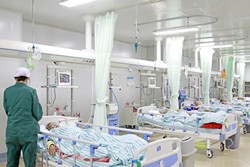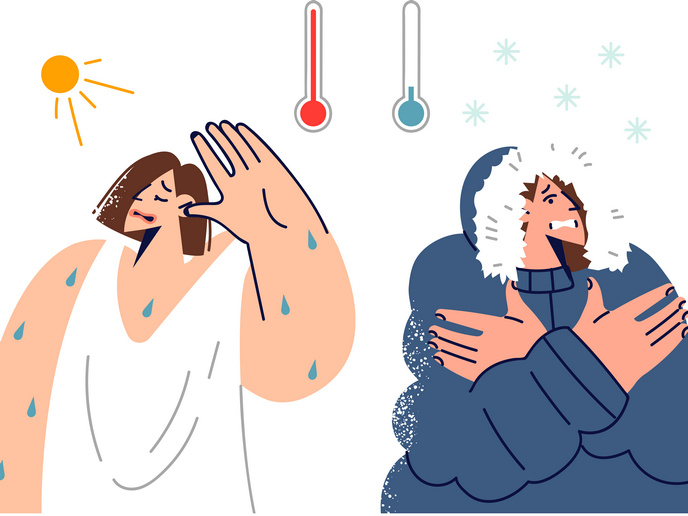Telemonitoring: a revolution in intensive care
Telemonitoring – where data is sent securely for expert analysis elsewhere – has opened up exciting new possibilities in healthcare provision. For example, emergency teams can be supported by an expert emergency doctor at the scene of an accident or in the ambulance, while experts can assist in complex vascular surgery by monitoring of neurophysiological data in real time. The EU-funded THALEA(opens in new window) project successfully applied this approach to ICU patients, with the prospect of achieving improved levels of care and cost efficiencies. High quality care for all ‘ ‘The system works by collecting data measured directly on the patient or at his or her bedside, and then combining this with other available information, such as from the patient’s electronic record,’ explains project coordinator Prof Gernot Marx, head of the Department of Critical Care Medicine at University Hospital Aachen, Germany. ‘Sent through a secure connection, this information allows patients, wherever they are, to be monitored by ICU specialists, who can then contact caregivers on location and advise them on any necessary actions to take.’ Any deterioration in a patient’s condition can therefore be immediately detected, enabling fast and effective treatment and improved compliance with best practices. Ultimately, this means that every European citizen should one day have access to the same levels of intensive care, no matter where they are. ‘Intensive care is a critical and necessary component in hospitals,’ says Marx. ‘However, it is also highly cost intensive, and many hospitals struggle to offer intensive care at a sufficiently high level. This is a real problem, especially for regional hospitals with smaller ICUs.’ By linking rural and regional hospitals with experts situated in hospitals elsewhere, more lives can be saved. ‘Evidence clearly shows that the survival rates for critical conditions such as severe sepsis and septic shock depend on timely and decisive intervention,’ says Marx. ‘A telemedical approach to ICUs can also reduce the length of stay by between 20 and 50 %, helping to free up ICU beds and, at the end of the day, save hospitals money.’ The THALEA project was implemented by Pre-Commercial Procurement (PCP), an innovative process that enabled suppliers to develop new solutions and introduce new technologies in direct cooperation with the medical profession. The PCP process involved early dialogue between potential suppliers and hospitals, which helped to optimise the ICU telemedicine system. ‘The PCP process can be very beneficial in a situation where there is no existing system yet in the market,’ says Peter Asché, Head of the Commercial Directorate at University Hospital Aachen and in charge of the commercial aspects of this project. Filling in the gap A key challenge to date in rolling out telemedicine services in Europe has been a significant lack of interoperability and standardisation between different patient data management systems (PDMS). Until now, systems have tended to operate in a closed environment without common interfaces. ‘Relevant data is not easily accessible for professionals, which can cause delay in treatment,’ says Asché. ‘A highly interoperable, manufacturer-independent telemedicine-platform for ICU patients has therefore been missing.’ The THALEA project has helped to fill this gap. And as telemedicine continues to improve survival rates on ICUs and demographic changes continue (Europe’s population is ageing), increasing demand for ICU capacity is inevitable. The expansion of tele-intensive medical care will therefore play an important role in ensuring that European healthcare offers every citizen the same level of high care. ‘I think that the system, once it is ready for market, will be very interesting for any hospital with ICU patients,’ says Marx. ‘In more remote areas, it might also be the only way to provide high quality ICU care to local patients.’ In addition THALEA is the first step towards a European registry of ICU therapies, best practices and outcomes.







